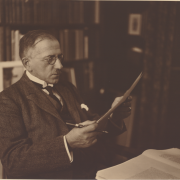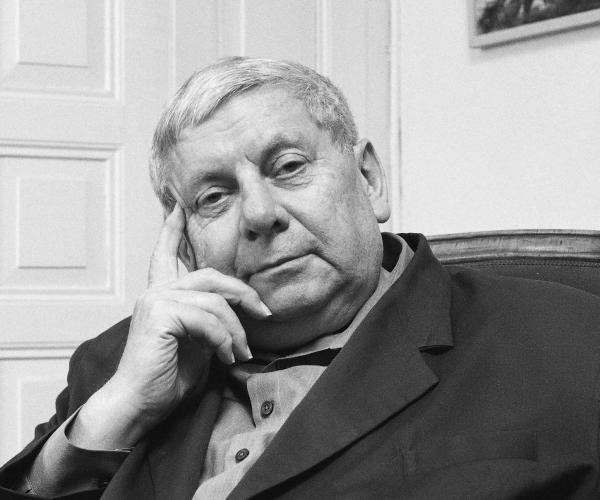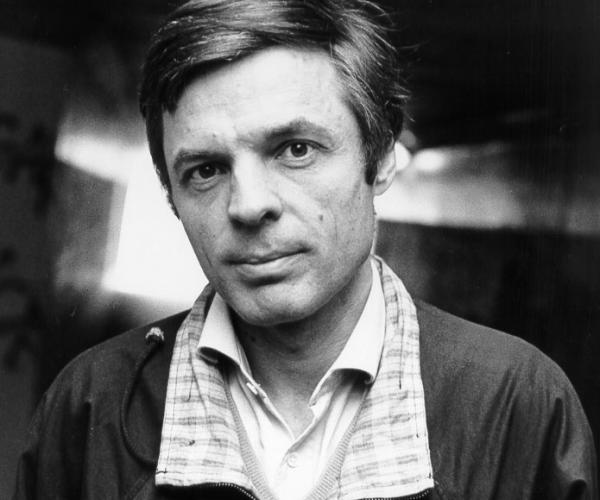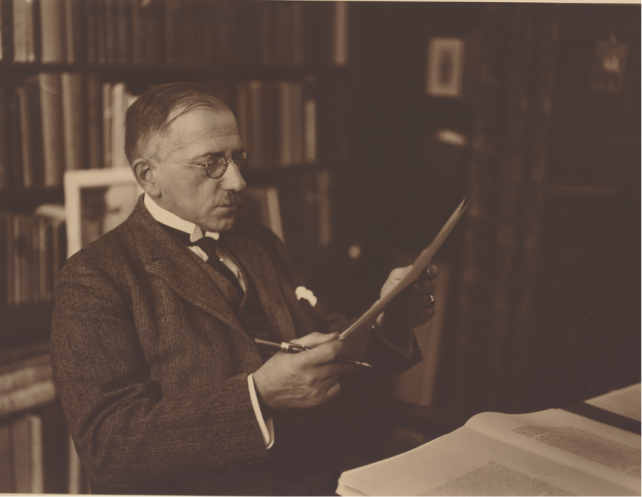The Swiss-American Society for Cultural Relations (SASCR)
Cultural diplomacy ought not to be regarded from an orthodox
point of view, as if it was an organism only kept alive by career diplomats defending national interests. Fairly often private organisations take up the torch and collaborate, thus contributing to what might be called heterodox diplomacy
. The Swiss-American Society for Cultural Relations (SASCR) was one of these organisations, supporting and promoting science diplomacy and cultural relations between Switzerland and the United States.
The SASCR came into being in January 1940, thanks to the activities of Paul Ganz, professor of art history at the University of Basel, and member of the Board of Pro Helvetia. The first circle attracted academics such as theologian Emil Brunner, historians Karl Meyer and Max Silberschmidt, protestant minister Adolf Keller, general secretary of the European Central Office for Inter-Church Aid in Geneva, and above all personalities from the business world such as Hans Sulzer, entrepreneur, former minister in Washington, during the war president of the Federal Commission for monitoring imports and exports, or Albert Masnata, director of the seat of the OSEC (now Business Network Switzerland) in Lausanne, and president of the Swiss film chamber.
The aim was to reinforce economic and cultural ties between the Sister Republics without involving the Federal authorities, obliged to remain officially neutral. In a letter of December 1939 to Federal Council Giuseppe Motta, Paul Ganz emphasised the importance of gaining respect for Switzerland among the greatest possible number of Americans. To achieve this, the SASCR counted on the support of parastatal structures such as the OSEC, the Swiss Federal Railways which ran their own counters in the United States, the secretariat of the Organisation of the Swiss Abroad, Pro Helvetia, and from 1943 on the Swiss Institute for International Studies, directed by Eduard Fueter, also member of the SASCR.
The SASCR followed the liberal doctrine of individual initiative while appealing to patriotic sentiment. In their first work programme the SASCR planned above all to take action by sending Swiss students to tour the United States, by spreading articles about Switzerland, based on information of OSEC, the Federal Railways or other organisations in the American press, and by maintaining the link between the Swiss living in the United States and their home country. From 1943 on the SASCR diversified its activities by annually publishing a book on a political or cultural topic in their publication series, and by organising an exhibition of art books at the National Library in Bern (1943-1944).
Bibliography
GILLABERT Matthieu, La « Swiss Attitude » au contact américain. Évolution d’une présence culturelle, in Traverse : revue d’histoire, 2009/2, p. 73-84.
CATTANI Alfred, Ein Fenster in die Welt. Die Tätigkeiten der American Swiss Foundation, NZZ, 12 juil. 2004, p. 24












